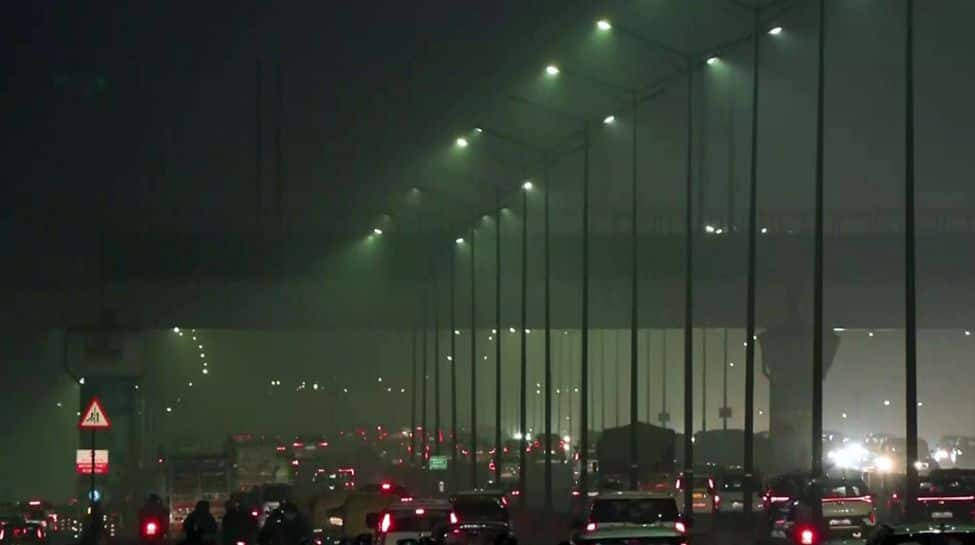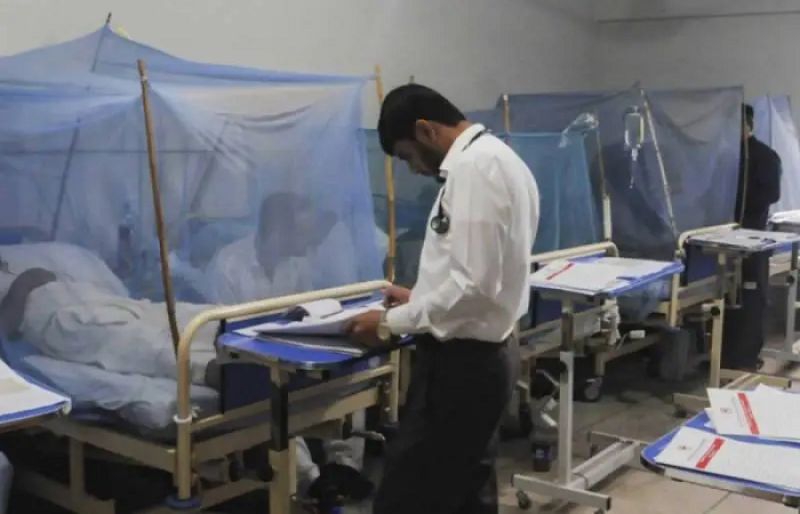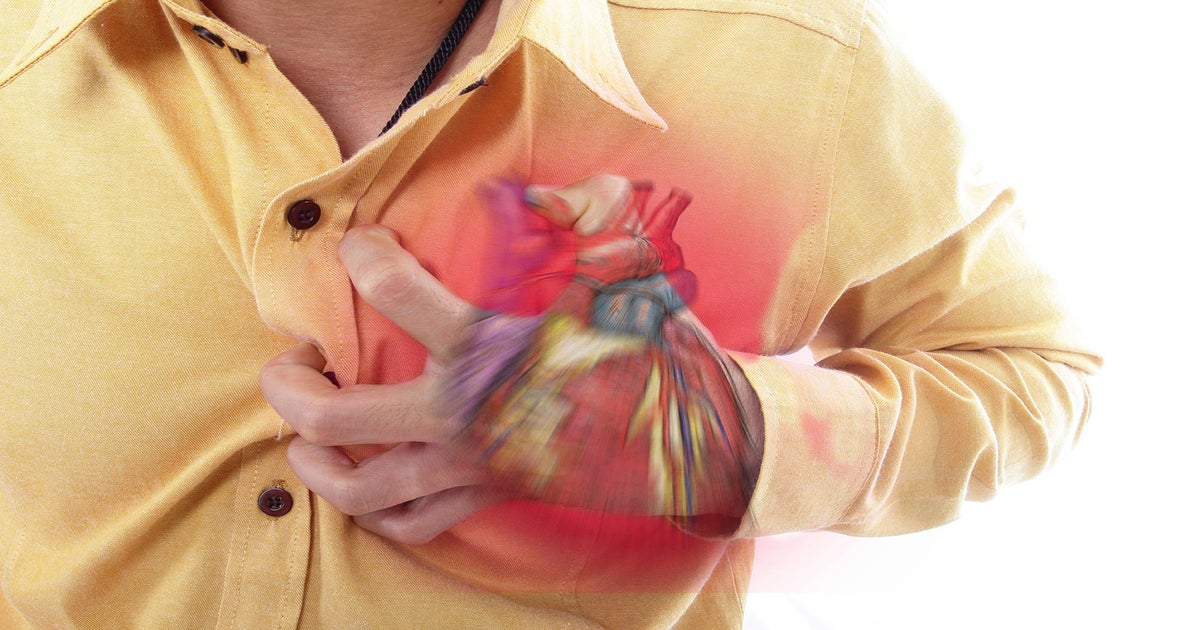Every winter, Delhi-NCR wakes up to a familiar scene – hazy skies, burning eyes, and a sharp sting with every breath. Most people talk about sore throats, wheezing, and masks becoming a second skin. But there is another organ quietly fighting for survival in this toxic air: the human brain.
We often think of pollution as something that damages our lungs and heart, yet the most sensitive and complex organ in our body is silently taking the hit every day. When someone living in Delhi tells me they feel “foggy headed,” unusually irritable, tired for no reason, or unable to focus, I no longer consider these harmless seasonal complaints. Our brain is reacting. And it’s asking for help.
Microscopic pollutants that fill our winter air aren’t just suspended in the sky – they enter our noses, travel through our bloodstream, and reach the brain. Once there, they trigger inflammation, oxidative stress, and subtle injury to the blood vessels and neural pathways. In simpler words: polluted air doesn’t just make breathing harder – it makes thinking, feeling, and remembering harder too.
Dr Kunal Bahrani, Chairman and Group Director – Neurology, Yatharth Hospitals shares how air pollution effects your brain health.
Over the last few winters, we’ve begun seeing a pattern in clinics across NCR – migraines flaring up in people who never had severe headaches, young professionals feeling mentally drained and unable to concentrate, children struggling with attention and mood swings, elderly patients showing accelerated memory decline, and most concerning, more strokes in younger adults, often without typical risk factors.
What worries me most is that many dismiss this as seasonal fatigue. But the brain remembers every insult. Repeated exposure doesn’t always hurt immediately – it builds up slowly, silently, and dangerously.
Children growing up in this environment may face learning and behavioural issues that only reveal themselves years later. Older adults may experience faster cognitive ageing. And healthy young individuals, who would otherwise never imagine needing a neurologist, are finding themselves battling persistent headaches, anxiety, brain fog, or neurological fatigue.
So, what can we do – practically and realistically?
We cannot stop going to work, sending children to school, or stepping out altogether. But we can be smarter. Monitor the Air Quality Index just as seriously as you check the weather. Avoid outdoor workouts when the air turns toxic, especially in the morning smog belt. Choose parks and low-traffic routes over main roads. Keep air purifiers running at home, especially in bedrooms. Wear high-filtration masks (N95/FFP2) whenever stepping out in poor air quality – it is not just for the lungs; it is protection for the brain too. Support your brain and body with antioxidant-rich food like citrus fruits, green vegetables, nuts and omega-3 sources, and stay well-hydrated. And remember, when pollution peaks, wearing a mask isn’t a trend – it’s self-preservation and smart health behaviour.
At a policy level, we need more than seasonal restrictions. We need long-term planning, cleaner transport systems, modern waste-management solutions and strict enforcement on industrial and seasonal emissions. Air pollution is not a seasonal inconvenience – it is a public health emergency. For Delhi-NCR residents, this is the new reality: the air we breathe doesn’t just affect how long we live – it affects how well we live. It shapes our energy, our clarity, our emotions, and our mental well-being.
Dr Kunal adds, “As a neurologist, I can treat headaches and strokes. But what I cannot undo is the collective damage a city breathes in year after year.”
Clean air is not just a lung issue or an environmental issue – it is a brain issue, a mental health issue, and a future-of-our-children issue. And until everyone understands this, from policymakers to families, we will continue fighting an invisible enemy with consequences we only recognise when it’s too late.
For now, the message is clear: protect your brain like you protect your breath and always mask up when the air is dirty. Your future self will thank you.







